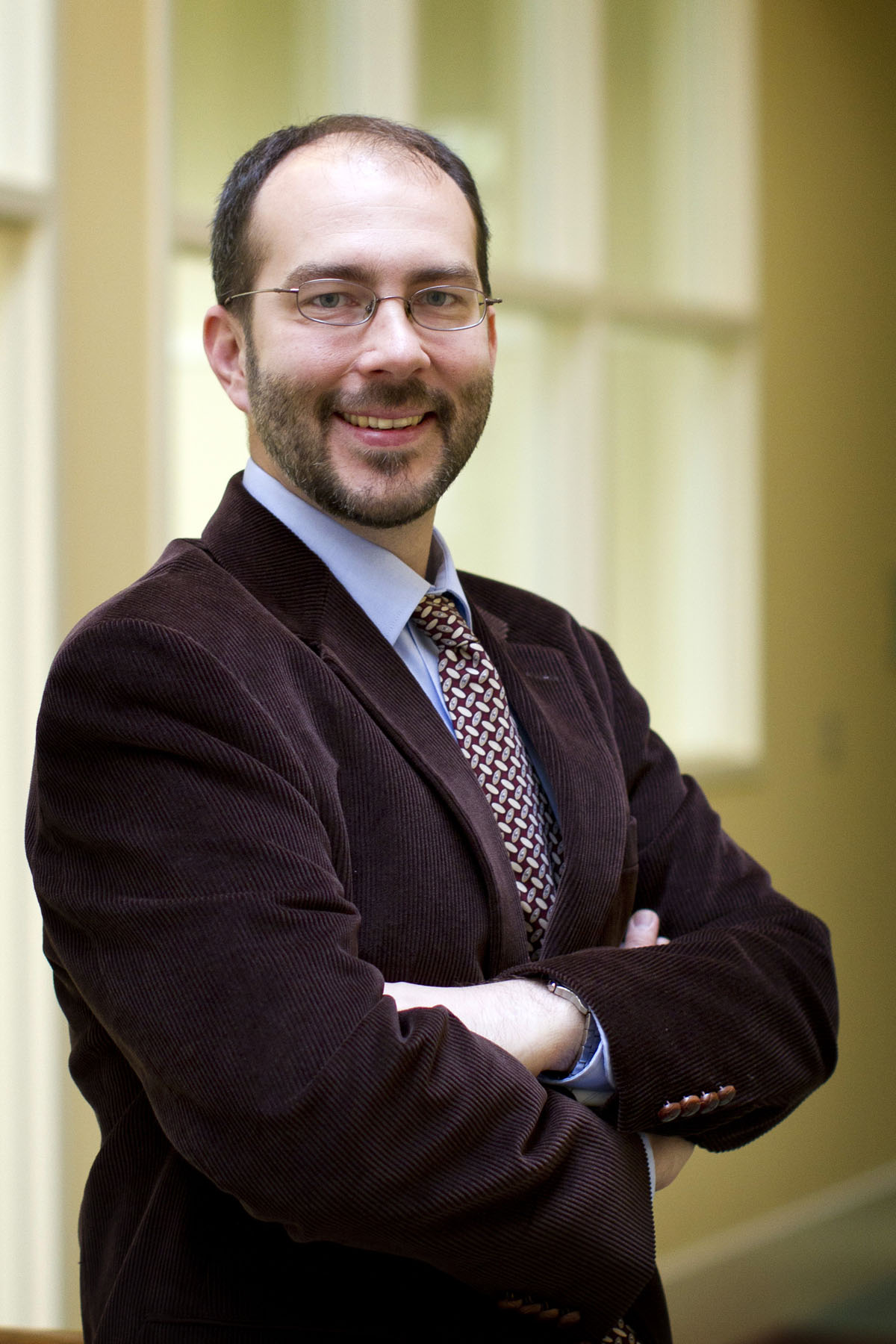The University of Virginia’s Office of Graduate and Postdoctoral Affairs has a new name, a new home and a big goal: to help make the University a national leader in graduate education and postdoctoral training.
Formerly known as the Office of Graduate Studies and Postdoctoral Affairs, GPA – part of the Office of the Vice President for Research – supports a wide variety of initiatives, including novel research programs, career and professional development, and recruitment for graduate and postdoctoral programs across the University.
The decision to reorganize the office to highlight the dual role comes with numerous benefits, said Phil Trella, assistant vice president for graduate and postdoctoral affairs.
“We have personnel with expertise in areas such as professional development and diversity programs that are offered to both graduate students and postdocs,” he said. “So, it made sense to reorganize the office in such a way that ensures that all of our staff works to support both of these communities.”
The office recently moved into the fifth floor of the newly renovated New Cabell Hall.
“Being in a central location on Grounds is critical for developing a close community for graduate students and postdocs,” Trella said. “It encourages increased communication and collaboration.”
Trella said he plans to focus on graduate students from different disciplines collaborating on novel research problems. “One thing that distinguishes U.Va. from other universities is the incredible breadth that we have across the institution. This is becoming increasingly important for prospective graduate students who are looking for opportunities to collaborate as part of their doctoral education.”
Last year, the office helped to spearhead the effort to create new graduate student research collaborations in the area of “big data.” This year it will extend those efforts to other areas, including environmental sustainability.
“What makes our efforts in this area different from those of other universities is that our collaborations are primarily born from the initiative of enterprising and innovative students themselves, not from the top down,” Trella said. “We help create the environment, but the students find each other, drive the innovation and bring their faculty advisers into the mix,” citing as an example recent collaborations over big data.
This bottom-up approach is an important facet of graduate student life that can draw distinction, and some of the best prospective students, to the University, he said.
Melissa Hurst, the Office of Graduate and Postdoctoral Affairs’s director of professional development, said graduate students are increasingly interested in the diversity of experiences that come from collaborative research.
“We know that Ph.D. holders pursue a wide variety of careers; a majority of our Ph.D. students pursue careers in fields outside of the tenure track,” she said. “Employers expect Ph.D. hires to engage the public, collaborate across disciplines and communicate with the public, the media and decision-makers.”
To help graduate students and postdocs learn these skills, Hurst, in collaboration with the College and Graduate School of Arts & Sciences, recently received a grant from the Jefferson Trust to facilitate a series of training workshops that focus on developing skills for communicating scholarship to public audiences. These workshops are intended to complement other opportunities such as the annual “Three Minute Thesis” competition, which challenges doctoral students to present their work in a succinct and compelling way that can be understood by a general audience. (The deadline to enter this year’s competition is Sept. 8.)
“The competition encourages students to communicate the essence and importance of their work in a broader context,” said Amy Clobes, the office’s associate director for professional development. “These skills are critical for connecting research with potential funders or collaborators from outside the discipline and preparing students to poise themselves as successful job candidates in any field – inside or outside of academia.”
GPA also is working to make strides in diversifying the graduate student body. “As we talk with graduate deans, directors, faculty and administrators across the University, one thing comes out consistently: the desire to increase diversity in graduate and postdoctoral programs,” Trella said.
The office has been working to foster research collaborations with minority-serving institutions, especially Virginia’s historically black colleges and universities. One example is a new summer Research Experience for Undergraduates program that invites students from Virginia State, Norfolk State and Hampton universities to U.Va. to work on projects with the U.Va.’s Data Science Institute.
This program would constitute one part of a constellation of efforts to be led by a new director of diversity programs, a position for which the office is currently recruiting.
“Learning about all the incredible research that graduate students and postdocs are doing around Grounds is one of the great privileges our office enjoys,” Hurst said. “We have students and postdocs working day and night to solve huge, complex problems, whether it’s curing cancer, solving the energy crisis or fixing education. If that’s not motivating, I don’t know what is.”
Media Contact
Article Information
August 25, 2014
/content/rejuvenated-office-seeks-enhance-life-uva-s-grad-students-and-postdocs

